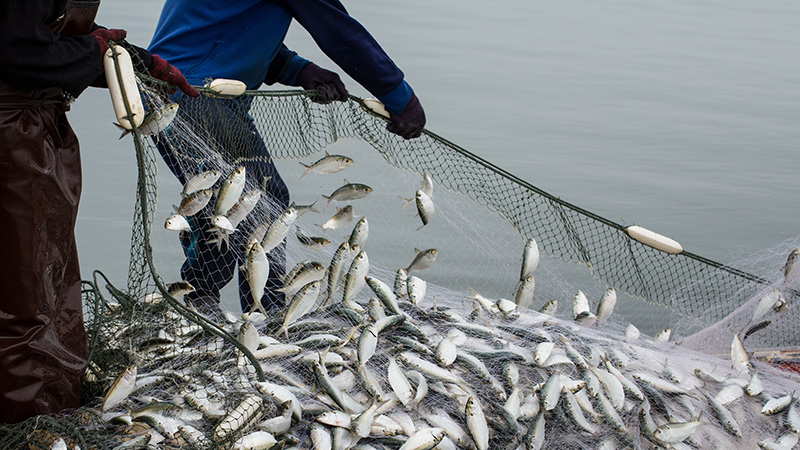Haiti has been hard hit by a series of crises in recent years, including political instability and insecurity, issues with food security and energy supply, and devastating consequences of natural disasters.
The pandemic exacerbated the situation through reduced demand, disruption of supply for industries, and more difficult credit conditions and uncertainty.
In the face of the global crisis, emergency support is directed to Haiti to promote sustainable trade and value chain development for a sustainable diversification of the economy, rural job creation, improved working conditions for better livelihoods and impactful development outcomes, as well as better food security and improved self-sufficiency in food production.
The emphasis on food security is viewed from sustainable production, improved agricultural productivity, and integrated rural development angles, embedded in broader policies and programs in support of productive capacity development and social outcomes in Haiti.
UNCTAD and the ILO will collaborate in this endeavour through the UN Joint Programme (UNJP), funded under the Development Emergency Modality – Response to the Global Crisis on Food, Energy, Finance. The aim is to promote sustainable trade as well as access to entrepreneurship and decent jobs for women and young people.
The programme focuses on two green sectors identified as having potential, namely the breadfruit sector and the fisheries and aquaculture sector, and will be implemented in the South, South-East, and Grande Anse Departments where the fisheries and breadfruit are both abundantly available. UNCTAD work will primarily focus on strengthening the development of the fisheries and aquaculture sectors in Haiti through the mobilization of targeted strategic partnerships.
The fisheries sector and aquaculture subsector workstream focuses on the establishment and strengthening of sustainable and effective fisheries and aquaculture management mechanisms in Haiti, as well as the mapping of gaps in the regulatory, enforcement, and productive capacities of the sectors.
The focus will be on selected priority zones in Haiti, with a costed needs assessment that will contribute to the development of a fully-fledged project document. This will include policy research and analysis on international fisheries access agreements, with a view to providing state-of-the-art drafting and negotiations advice for the Haitian Government.
To gradually strengthen the fisheries and aquaculture sectors, the UNJP will implement a four-point plan in line with the recommendations of a recent UNCTAD report entitled “Harnessing fishery resources for socioeconomic development: Lessons for Angola and Haiti”.
Intended outcomes:
- Support the establishment of a fisheries and aquaculture sector development coordination mechanism.
- Assist the development of a fisheries and aquaculture sector development plan for the prioritized zone(s).
Activities:
- Study on the challenges and opportunities for Haiti's fisheries and aquaculture sector.
- Study on international fisheries access agreements: challenges and opportunities.
- A needs assessment and action plan on the sector's development needs.
- A briefing note for a future fisheries and aquaculture sector support project.
- Implementation of the UNCTAD report recommendations "Harnessing fishery resources for socioeconomic development: Lessons for Angola and Haiti".
- Organization of national consultations with key stakeholders.
Link to the SDGs:
The project aims to address the impact of the global crisis by strengthening the framework conditions for improved food security and self-sufficiency in view of national revenue generation and future funding of SDGs.
This principally contributes to poverty reduction and employment creation as well as resilience-building, and SDGs 1, 2, 5, 8, 9, 10, and 17.


